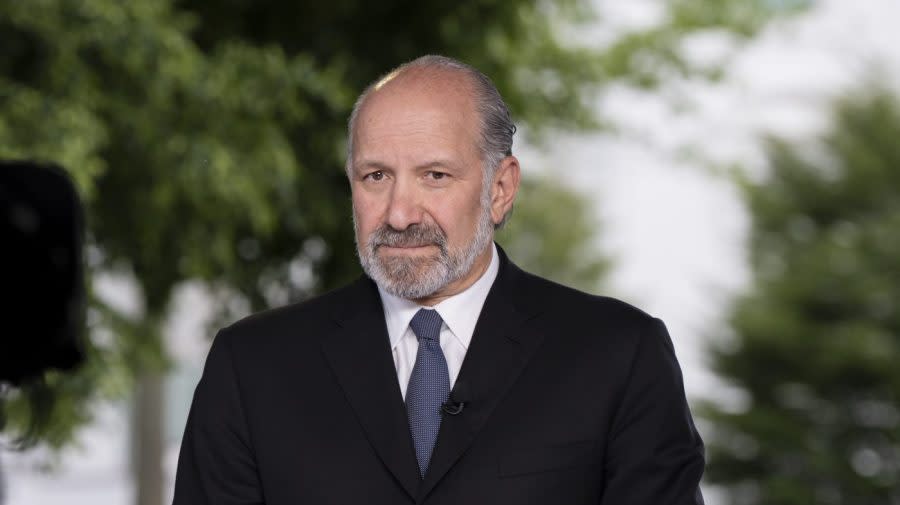Howard Lutnick: Shaping the Future of U.S. Trade Policy

Howard Lutnick has emerged as a pivotal figure in U.S. trade policy, wielding significant influence over tariff strategies and international negotiations. As Commerce Secretary, Lutnick’s stance on tariffs and global commerce is shaping decades of economic direction for the United States. In this article, we explore his approach, recent interview highlights, and what his vision means for both businesses and consumers.
Howard Lutnick’s Stance on Tariffs
Howard Lutnick believes that a 10% baseline tariff is here to stay for the foreseeable future. In a recent interview, he insisted that these tariffs will not burden U.S. consumers directly. Instead, Lutnick argues that foreign businesses and international competitors will bear the primary costs, as domestic products are exempt and foreign goods must compete more heavily (read the analysis).
Despite Lutnick's assertion, many economists disagree, suggesting that these policies could indirectly contribute to higher prices and inflation. The University of Michigan’s latest sentiment survey highlighted that consumer inflation expectations remain at a four-decade high. While the theoretical intention is for businesses to absorb the costs, the reality can be more complex, with companies often passing on some expenses to buyers.
Navigating the U.S.–China Trade Dispute
Howard Lutnick has been a key voice during the most turbulent period of the ongoing U.S.-China trade dispute. In a recent interview with Yahoo, Lutnick emphasized the Trump administration’s aim to deescalate the tariff war—but only after securing what he called a “right deal.” He stressed that the President would not tolerate a long-term trillion-dollar trade deficit, reinforcing the administration’s commitment to securing favorable terms before reducing tariffs against China.
The recent implementation of significant tariffs—up to 125% on Chinese goods—demonstrates the administration’s tough stance. At the same time, Lutnick remarked that there is “no chance” import taxes will be entirely paused in the short term, even as talks in Switzerland aimed to cool tensions. Success was recently seen in a new U.S.-UK trade deal, achieved with Lutnick’s input, which bolsters U.S. exports and reduces specific trade barriers.
Economic Consequences and Business Response
The persistence of baseline tariffs, according to Howard Lutnick, is a strategic effort to protect domestic industry and encourage foreign manufacturers to compete fairly. However, some analysts warn that triple-digit tariffs on Chinese imports could force U.S. companies to overhaul their supply chains and face increased costs. The long-term impact could gradually shift America’s economy away from global integration, creating ongoing challenges for importers and exporters (related coverage).
Many businesses have already indicated intentions to raise prices, while others turn to alternative sourcing options. Lutnick remains steadfast, believing these policies will ultimately boost GDP and cut the trade deficit. The coming months will prove crucial as ongoing negotiations with China and other partners unfold.
Conclusion: The Road Ahead for U.S. Trade
Howard Lutnick’s leadership marks a transformative era for U.S. trade policy. His commitment to sustained tariffs and balanced negotiations signals a clear, if contentious, direction. As policies evolve and markets respond, keeping an eye on Lutnick’s statements and actions will be essential for those interested in the future of global trade and the American economy. For further insights into Howard Lutnick’s recent interviews and policy highlights, explore his full remarks and economic analysis and the latest on U.S. diplomatic efforts.